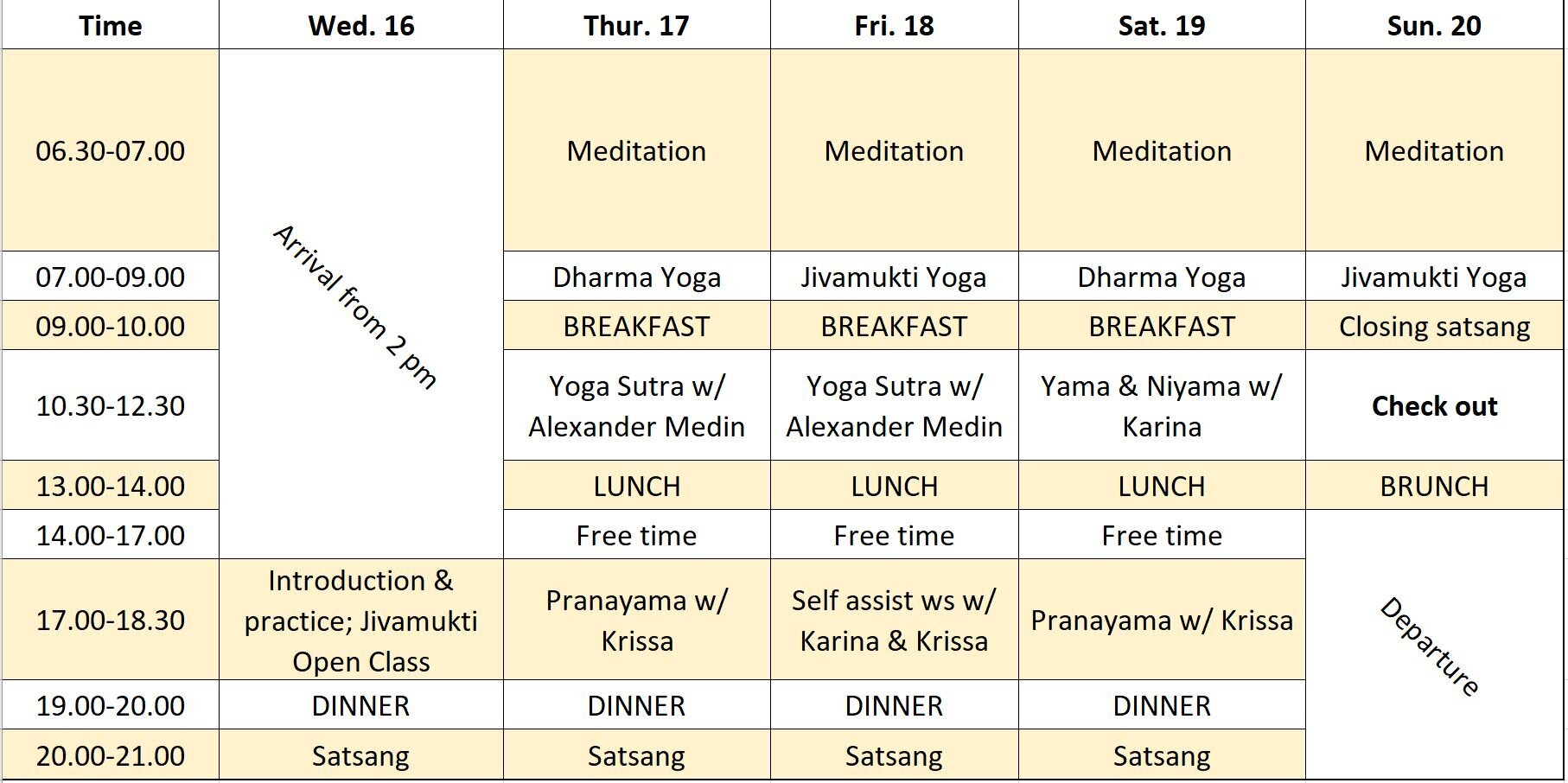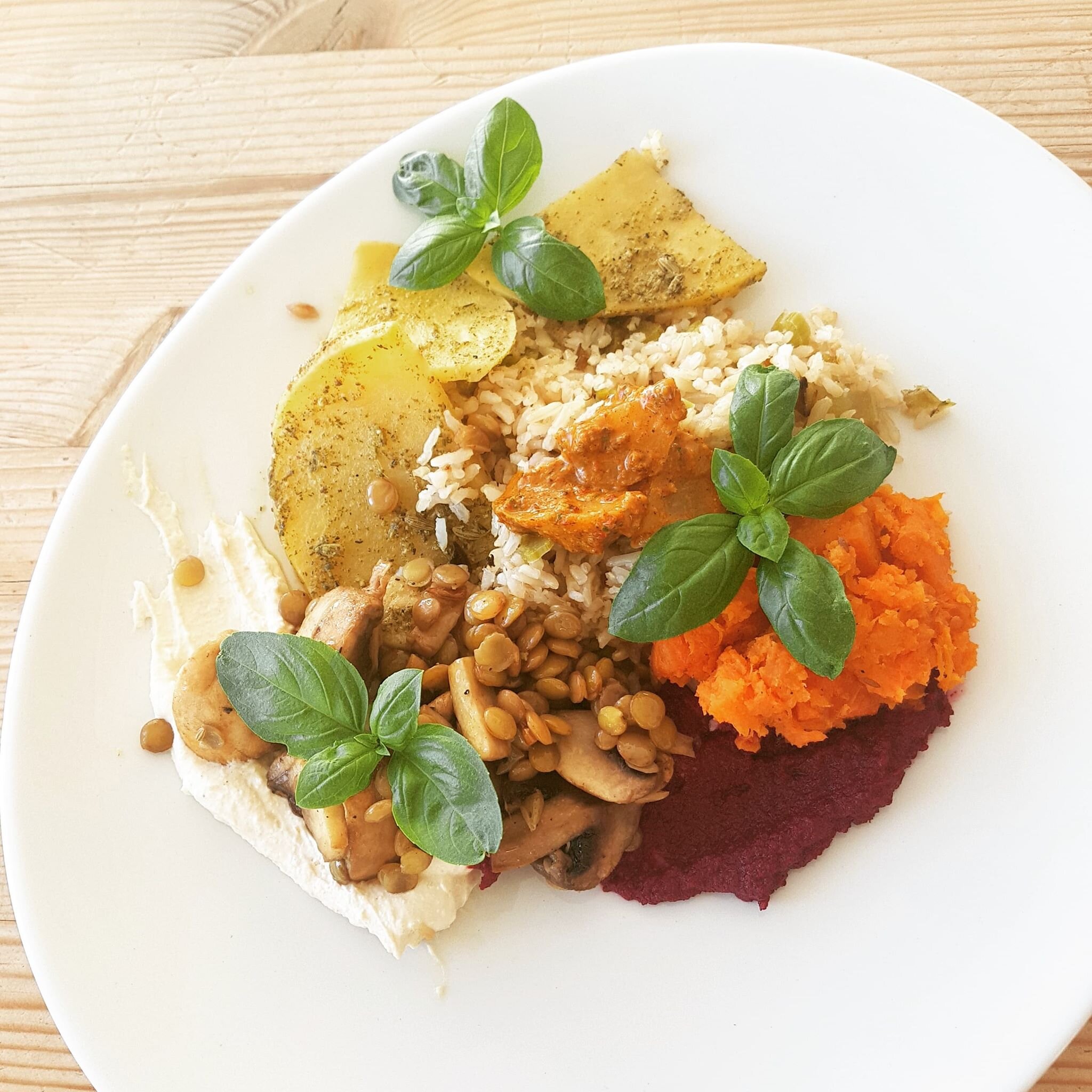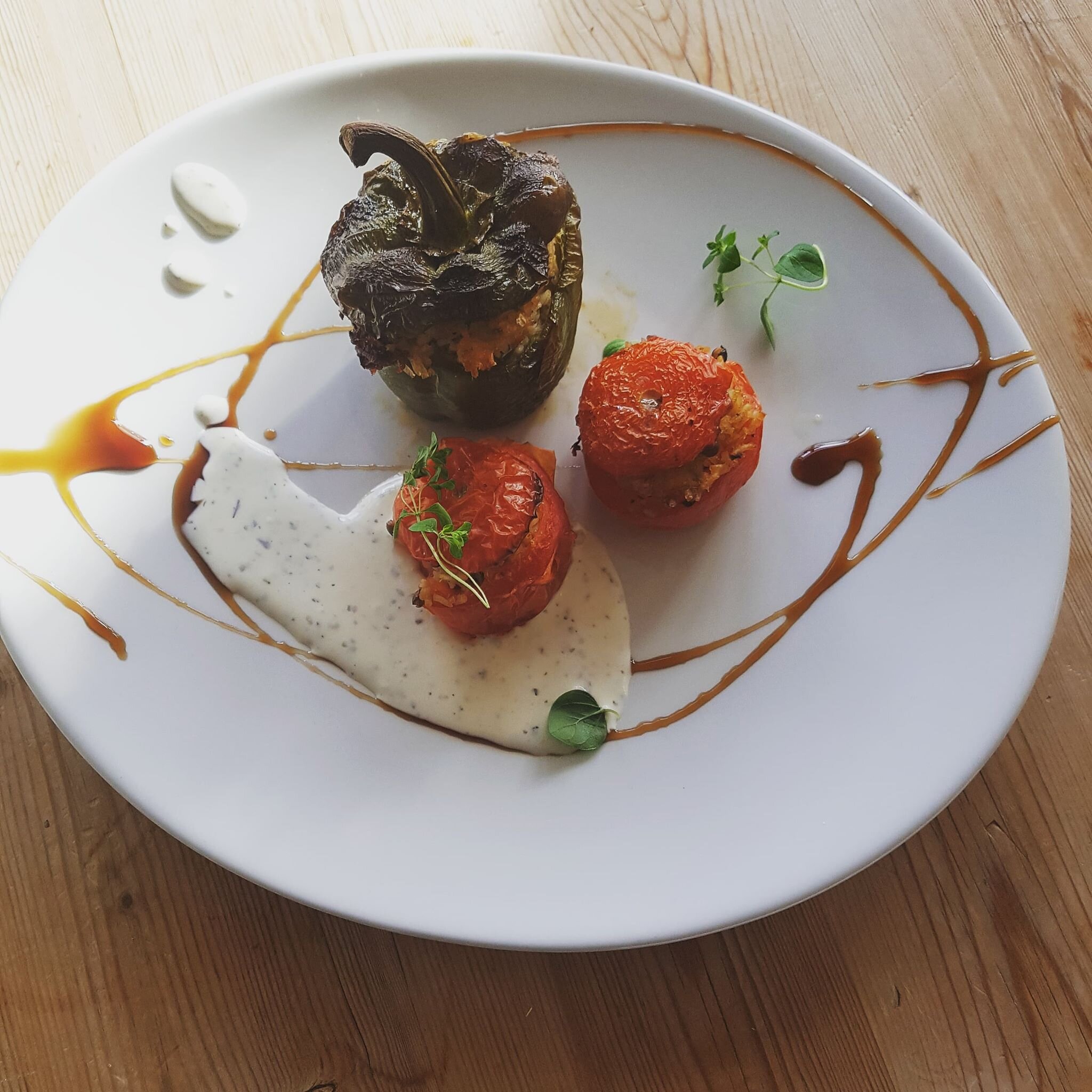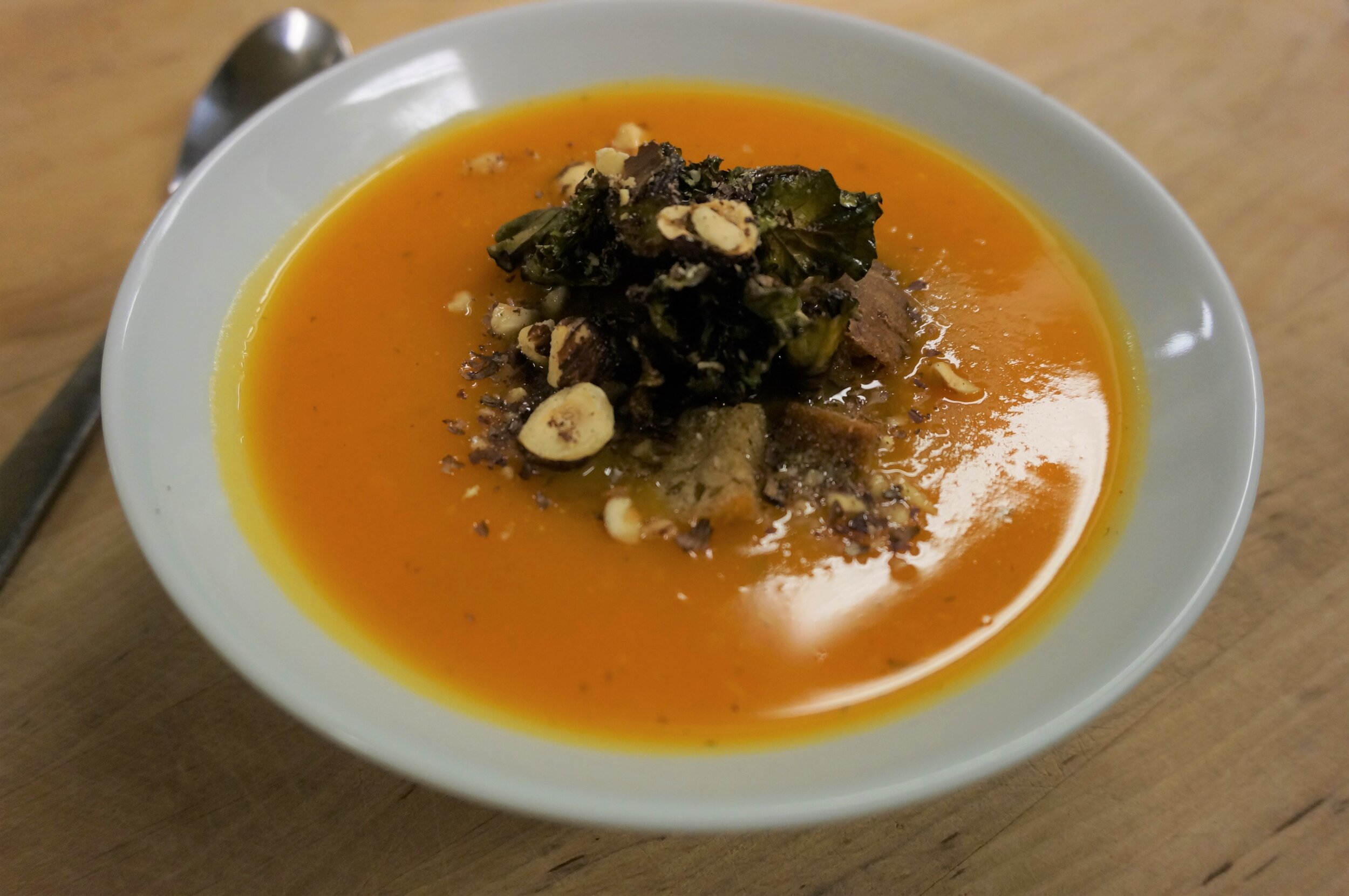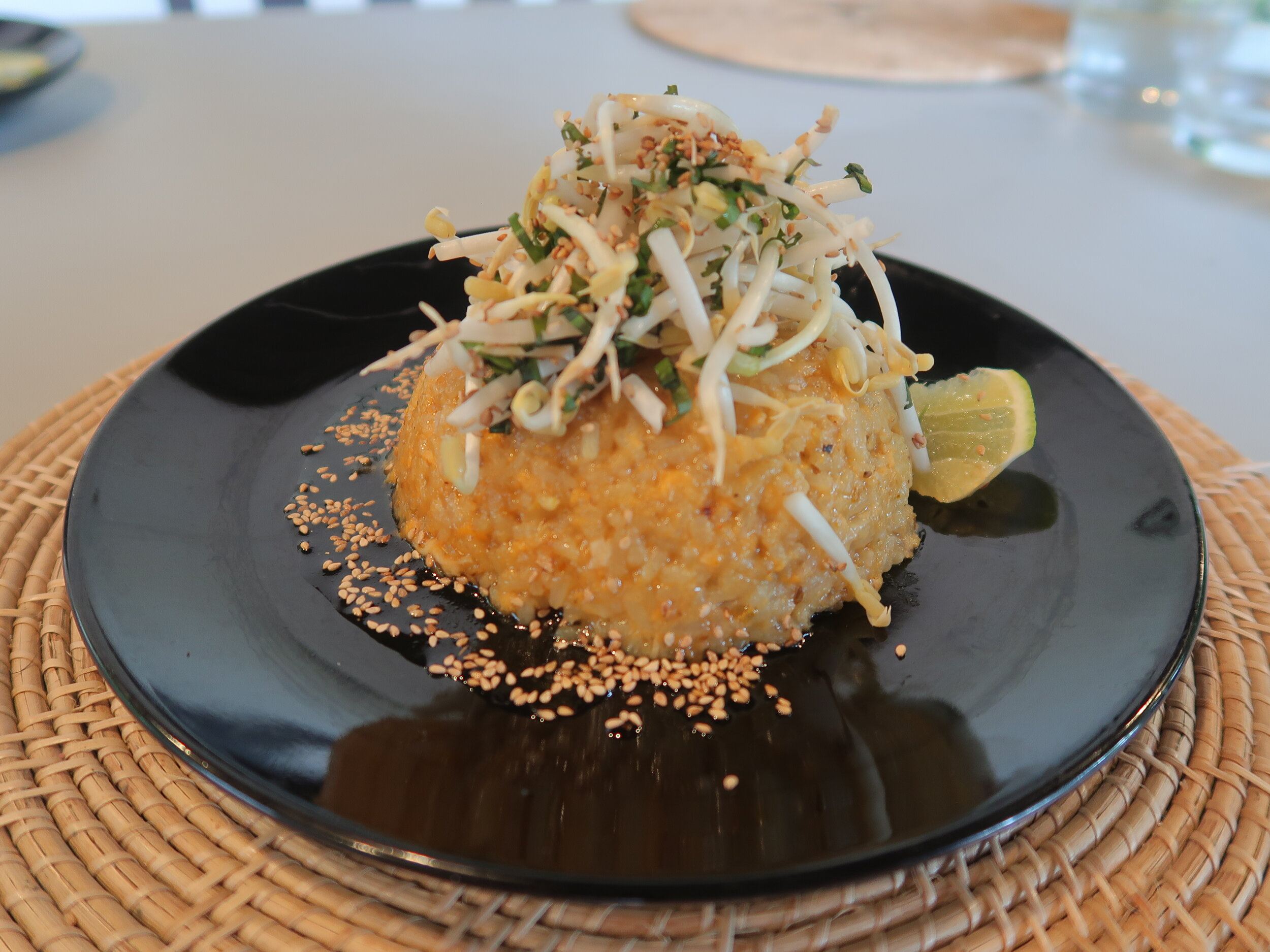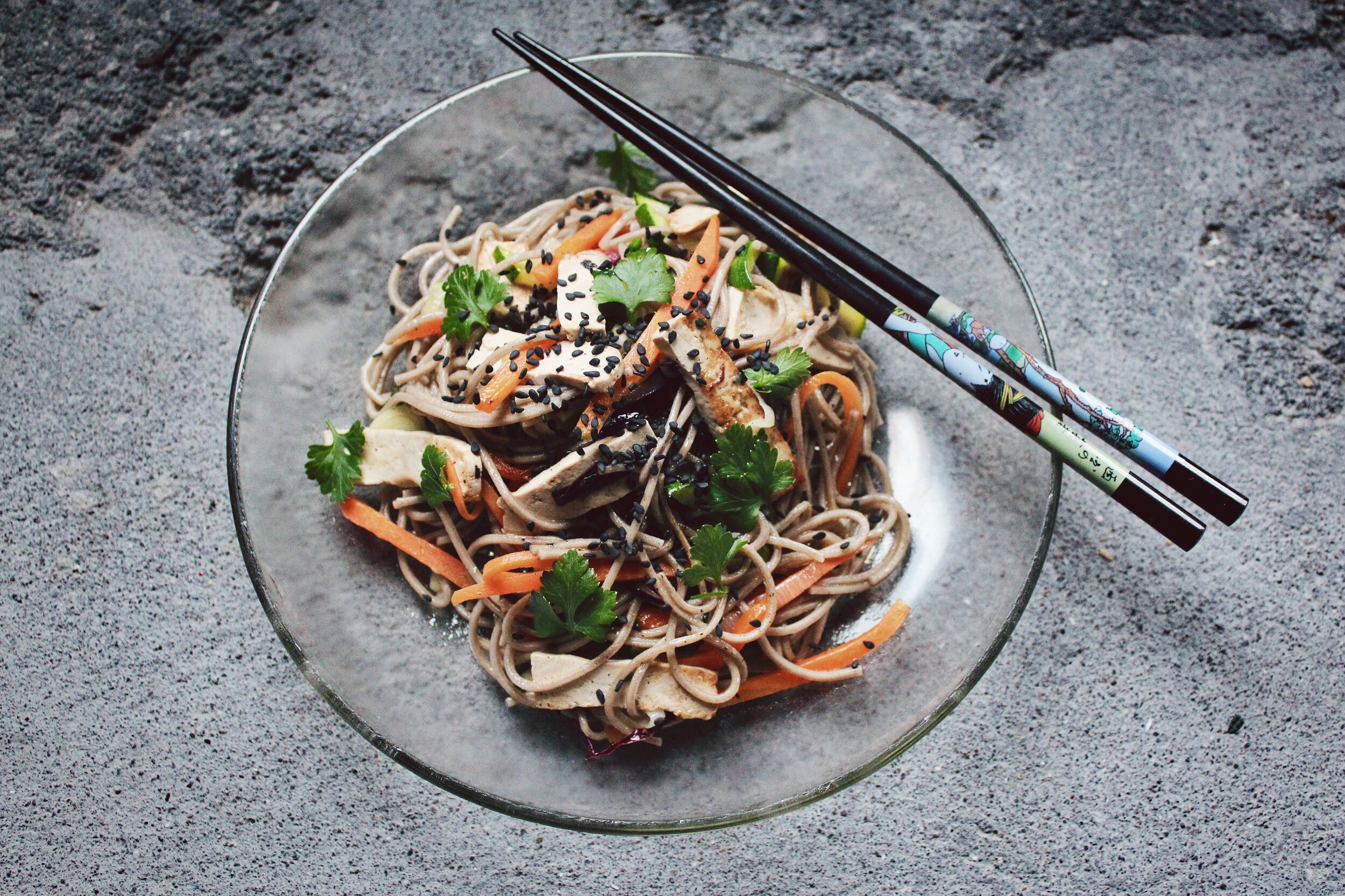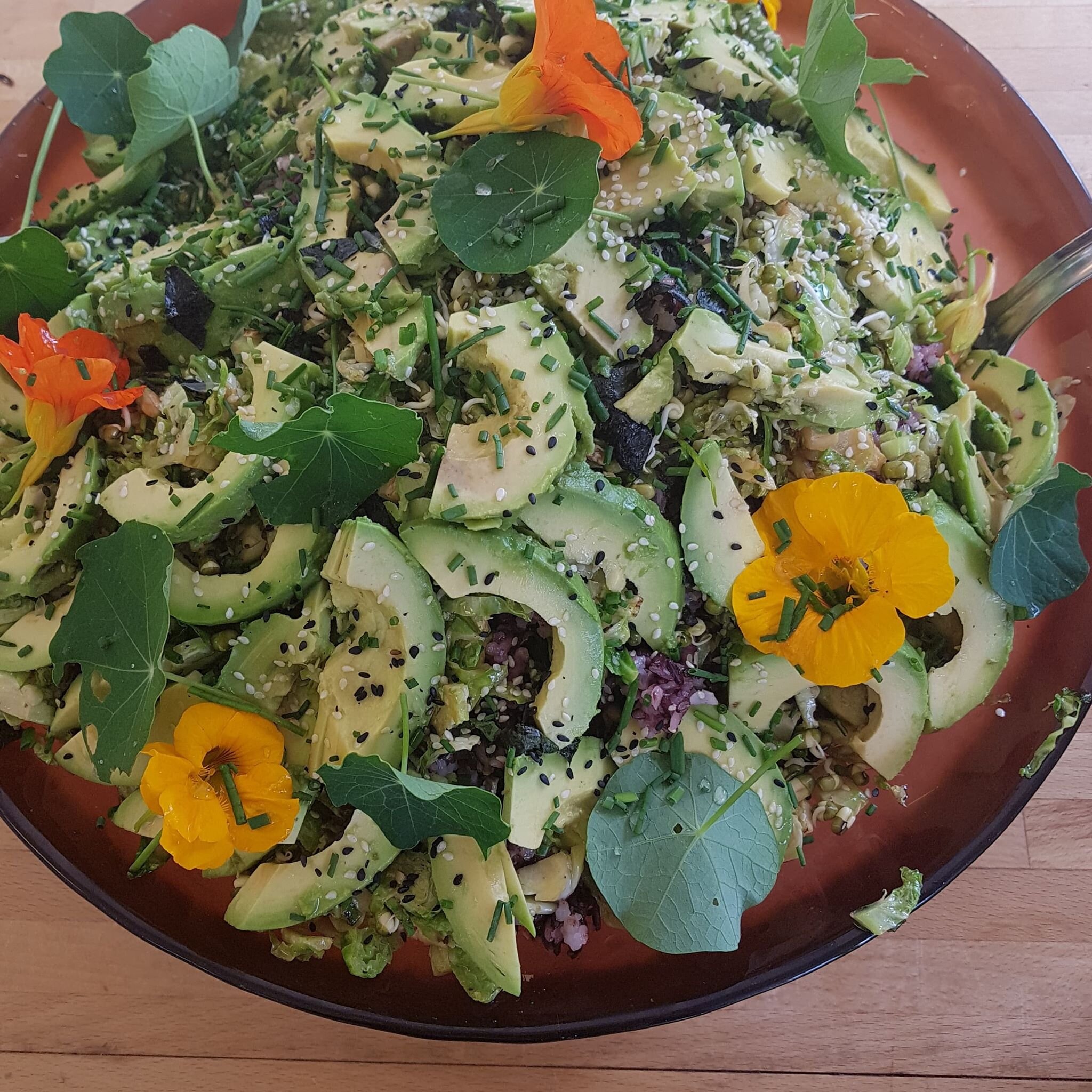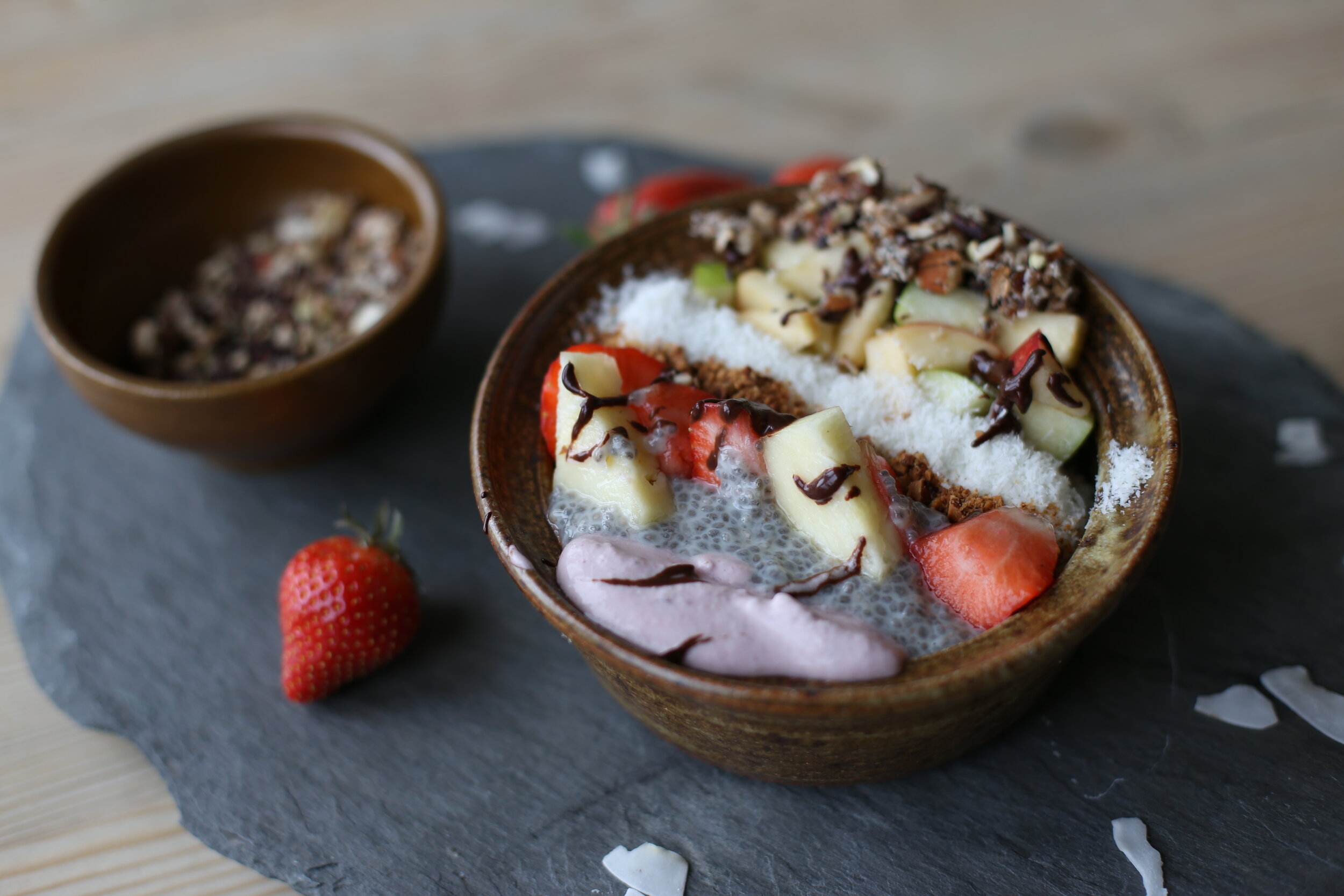Fall is both the dusk and the dawn of the seasons, a magical time, a time ripe for harvesting the fruits of our labor both physical and spiritual. The regular cycle of the seasons produces a regular cycle of movement and as fall approaches most beings prepare themselves for the slower movement and solitude that winter will bring. It is marked by thankfulness and gratitude for what we have and a request for strength for the hardships to come. Asana practice keeps the body warm, limber and receptive to subtly while the more introspective practices of pranayama, pratyahara, dharana and dhyana can prepare the practitioner to delve into inner space.
“You must be fueled with a burning desire to continuously study the Self, which is only available in the present moment, and to devote yourself wholly to this effort - these are the actions to be taken to attain Yoga."
Patanjali’s Yoga Sutra II.1
. This will be an in-depth exploration of our physical and spiritual practices through the Jivamukti Yoga method and the second chapter of Patanjali’s Yoga Sutra; Sadhana Pada - the chapter on practice.
The Jivamukti Method is grounded in the original meaning of the Sanskrit word asana as “seat, connection” – relationship to the Earth. Earth implies all of life. Citing the Yoga Sutra, which states that asana should be sthira and sukham, Jivamukti Yoga maintains that one’s relationship to others (asana) should be mutually beneficial and come from a consistent (sthira) place of joy and happiness (sukham). This is a radical idea that, when put into practice, can dismantle our present culture, which is based on the notion that the Earth and all other animals exist for our benefit and to be exploited for our own selfish purposes. So the practice of asana becomes more than mere physical exercise to keep one’s body fit or to increase strength or flexibility; it becomes a way to improve one’s relationship to all others and thus lead to enlightenment – the dissolution of the sense of separateness, the realization of the oneness of being, the discovery of lasting happiness.
A Jivamukti Yoga class is spiritual, uplifting and physically challenging. It emphasizes the physical yoga practice (asana), practiced in a continuous flow with a playful approach. While also including elements of chanting, music, meditation and yoga philosophy. The method originated in the 1980s in New York City, founded by Sharon Gannon and David Life, students of Sri K. Pattabhi Jois, Swami Nirmalananda and Shri Brahmananda Sarasvati.
Karina are grateful to team up with Krissa Ludvigsen and Alexander Medin to give you a full program of Jivamukti Yoga, Dharma Yoga and Yoga Philosophy. Our focus will still be on ‘yoga practices’ and how these practices can support us through challenging times and to overall live a sustainable and good life.
Dharma Yoga is a graceful, yet challenging style of yoga based on Sri Dharma Mittra's 50 years of classical yoga practice. Krissa and Karina met as teachers and colleagues of the same yoga studio in Oslo and found common ground in their style and method of Yoga. Both Jivamukti and Dharma Yoga origins from New York and are contemporary interpretations of the traditional teachings and practices. You can think of them as cousins from NYC and if you love Jivamukti you will also have a heart for Dharma Yoga. Alexander Medin is the founder of Nösen Yoga and one of the foremost teachers on Yoga and Yoga Philosophy that we know of.
Program
About the teachers
Karina Kibsgård
Karina Eline Kibsgaard has taught yoga since 2008 and offers classes at several yoga studios in Oslo. Her background is mainly in dance, Asthanga Yoga and Jivamukti Yoga. She was introduced to yoga through her studies at the Norwegian University College of Dance, 2003-2006. Today she is a 800- hour Advanced Certified Jivamukti Yoga Teacher. Her first encounter with Jivamukti Yoga was during the summer of 2010, when she traveled to New York for dance, inspiration and 'the big city experience'. In June 2012 she traveled to Blue Spirit - Costa Rica, for her 300+ Jivamukti Yoga teacher training and in 2014 she moved to NYC, to complete a 800- hour apprentice-ship program at the Jivamukti Yoga School New York. She has also completed a 200- hour yoga teacher training with R.Alexander Medin, based on Ashtanga Yoga and yoga-philosophy (2009). In her teaching, Karina emphasizes the holistic approach to yoga. The physical practice combined with the philosophical and mental perspective; devotion, consciousness and kindness. Her classes contains elements of chanting, music, playful, physically and challenging asana- sequences. She believes that it is not about performing or being "perfect" but rather be the best version of yourself, in every aspects of life. ON and OFF the mat.
Krissa Ludvigsen
Krissa is a 500hr certified Dharma Yoga Teacher who did her training at the Dharma Yoga Center in New York. She first discovered yoga at the age of 17 when her mom (also a yoga teacher, Anusara lineage) started encouraging her to go to classes together. For the first 5 years, it was all about fun, exploration and experimentation. Krissa dipped in and out of different styles, philosophies and approaches that include: Hatha, Ashtanga, Power Yoga, Hot Yoga, Jivamukti, Iyengar, Anusara, AcroYoga and finally: Dharma Yoga. She never thought she wanted to be a yoga teacher. Yoga was always a personal practice. But when she discovered Dharma Yoga in a tiny island in the Caribbean of all places, her life was changed. After her first Dharma Yoga class, Krissa felt her heart completely melt and for the first time, yoga became more than just the physical poses. It was a way home. This was back in 2010, and in 2011 she did her first 200hr teacher training with Sri Dharna Mittra in New York. Her goal has always been to share this feeling with other people; not to teach “the hardest class”, but to make yoga feel accessible, fun, personal and transformative.
Alexander Medin
Alexander has been teaching Yoga around the world for over 20 years. In 2002, he became certified by Sri K. Pattabhi Jois from Mysore, India. Pattabhi Jois (1915-2009) developed the style of Vinyasa Yoga known as Ashtanga. Only 35 people worldwide have obtained the certification as Ashtanga teachers by Pattabhi Jois, Alexander being one of them.
With a Master’s degree in Sanskrit and Indian religions and spending many years studying in India, he regularly writes about Yoga and many of his articles have been published in leading, international journals about Yoga. He translated the Yoga Sutras and Bhagavad Gita to Norwegian.Running the foundation “Yoga for Life”, he has launched and continues running projects, such as “Gangster Yoga” and “Back in the ring”, helping people who have “fallen out” of society and giving them the opportunity to build themselves up again, through a solid Yoga practice, heightened sense of responsibility and social work.
Full price (from June 1st):
Shared room (max 3-4 people): NOK 6500,-
Twin room: NOK 6900,-
Single room: NOK 7500,-







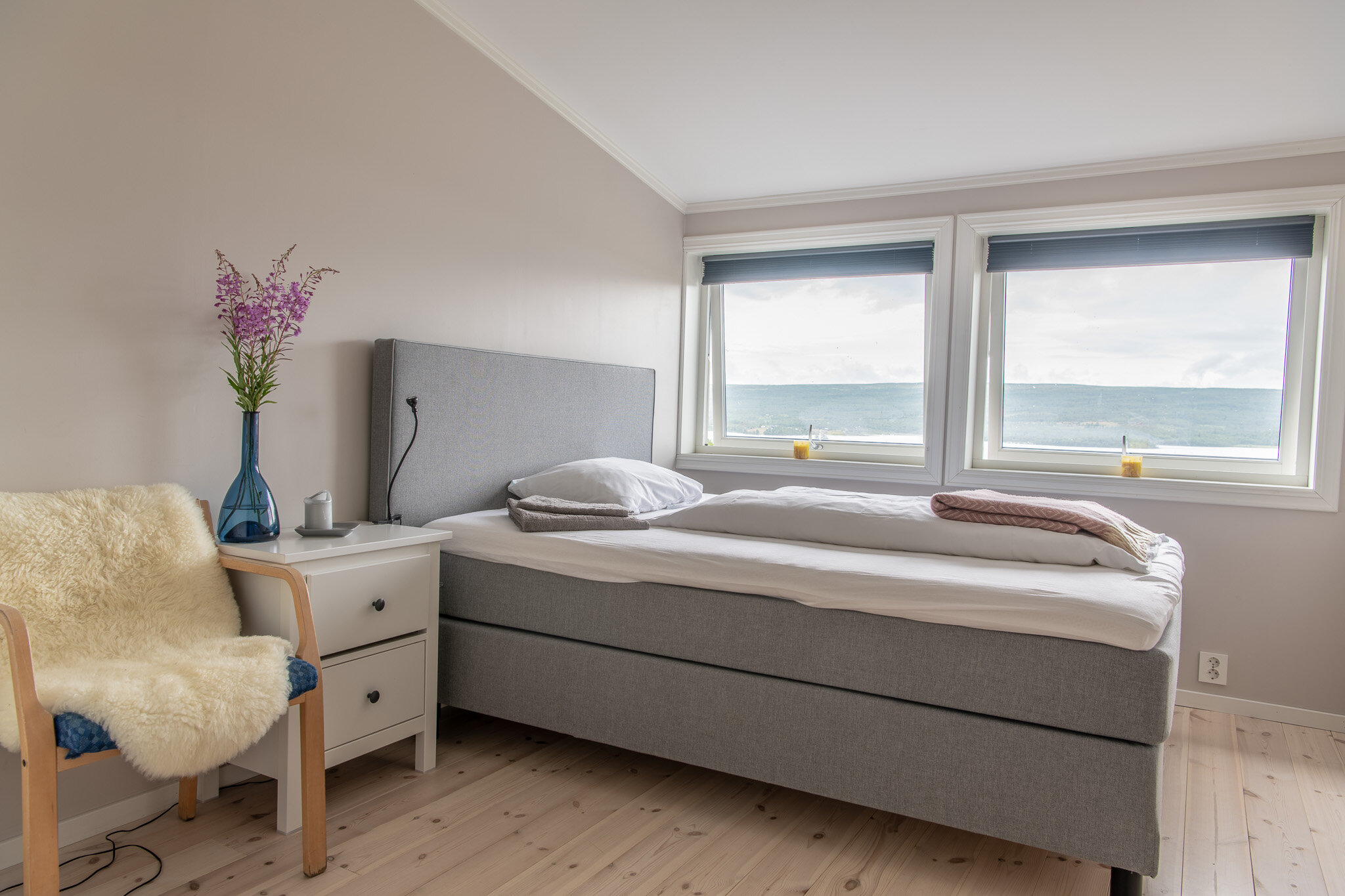





Price is per person and includes:
Accommodation at Nøsen Yoga og Fjellhotell in a chosen lodging option
3 nutritious vegan meals per day
Tea, infusion, and snacks within the workshop
VAT is included in the price
Price does not include:
Kafé menu of our baristas, such as specialty coffee, tea, and extra snacks
Pick-up service from Fagernes or Gol - you can order this service separately
Ta kontakt med oss ved booking på epost: post@nosenyoga.no
Contact Nøsen:
Address:
Nøsasvingen 19 Panoramavegen
2960, Røn
Norway
Office hours:
Every day 10 am - 18 pm
You can send us an e-mail any time.
Email: post@nosenyoga.no
Tel. nr. +47 484 22 888
How to get to Nøsen?
Click here






